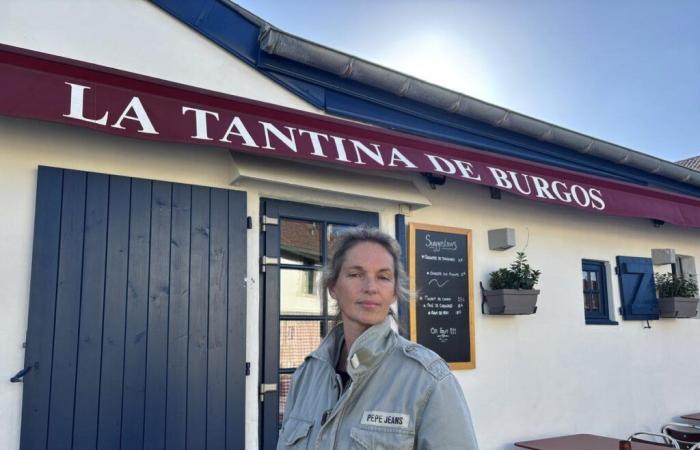“If I had gotten up earlier to make him his coffee, he probably would never have died. » For many years, Véronique Caplanne could not help but be consumed by this thought, after that morning of December 24, 1985, when her father was assassinated by a militia of the Anti-Terrorist Liberation Groups (GAL).
However, this New Year’s Eve day was supposed to be like any other. Robert Caplanne, electrician, stops like every morning at “the Royal” to have his coffee, before going to work. But when he got into his car, four bullets pierced his body. He died a few days later.
“The police knocked on our door around 9 a.m. It was me who opened the door and they asked to see my mother, because my father had had ”a little accident”,” says Véronique. A few hours later, his mother, returning from the police station, will tell him the terrible news.
Bad target
Very quickly, the attack was claimed by the GAL. “They hit the wrong target. My father was a Republican and had nothing to do with the ETA group. » For her, there is no doubt about it, but she must constantly justify her innocence, particularly to the police.
At 14, it’s difficult to understand such a situation. The teenager leaves to live in Brittany for a year, with her aunt, then returns to the country to be with her mother and her half-brother. “After this attack, my entire family framework collapsed. My mother went into depression, we had to steal to be able to feed ourselves. We received no help, neither from the state nor from society. It was a completely taboo subject for people who didn’t want to get involved in these stories. »
Over time, she says she “put a cover on this chapter of [sa] life “. “It was too hard for me to talk about it,” continues Véronique. But there were frequent events like trials or book releases that spoke of Basque terrorism. » After a few years, Biarrote understands that “to move on, we have to bring back this past”.
The word frees
It remains to find the right moment. For her, it comes after discovering yoga. “Thanks to this practice, I was able to find my balance. I found myself in this philosophy which advocates non-violence and adaptation to life’s events. »
It has now been three years since Véronique spoke publicly about this story. The first time occurred during an annual commemoration for the victims of ETA in Spain. “I want to raise awareness and inform people about what happened. I was also able to hear stories similar to mine, with people who experienced the same emotions,” explains the woman who struggles to accept the status of “victim”.
Today, Basque terrorism remains a delicate subject. “When I spoke to friends about the Biarritz exhibition, some were mixed about the legitimacy of ETA’s demands. We still know little about the subject. »






